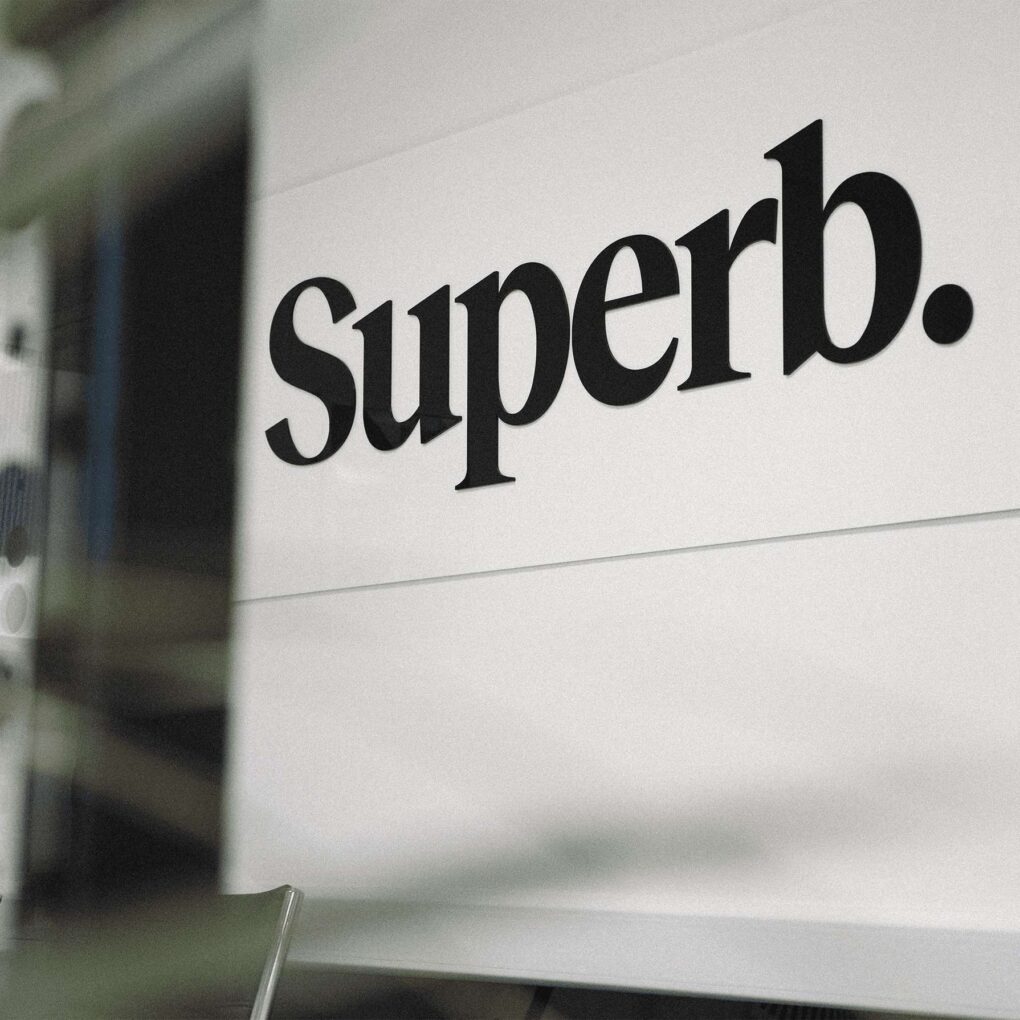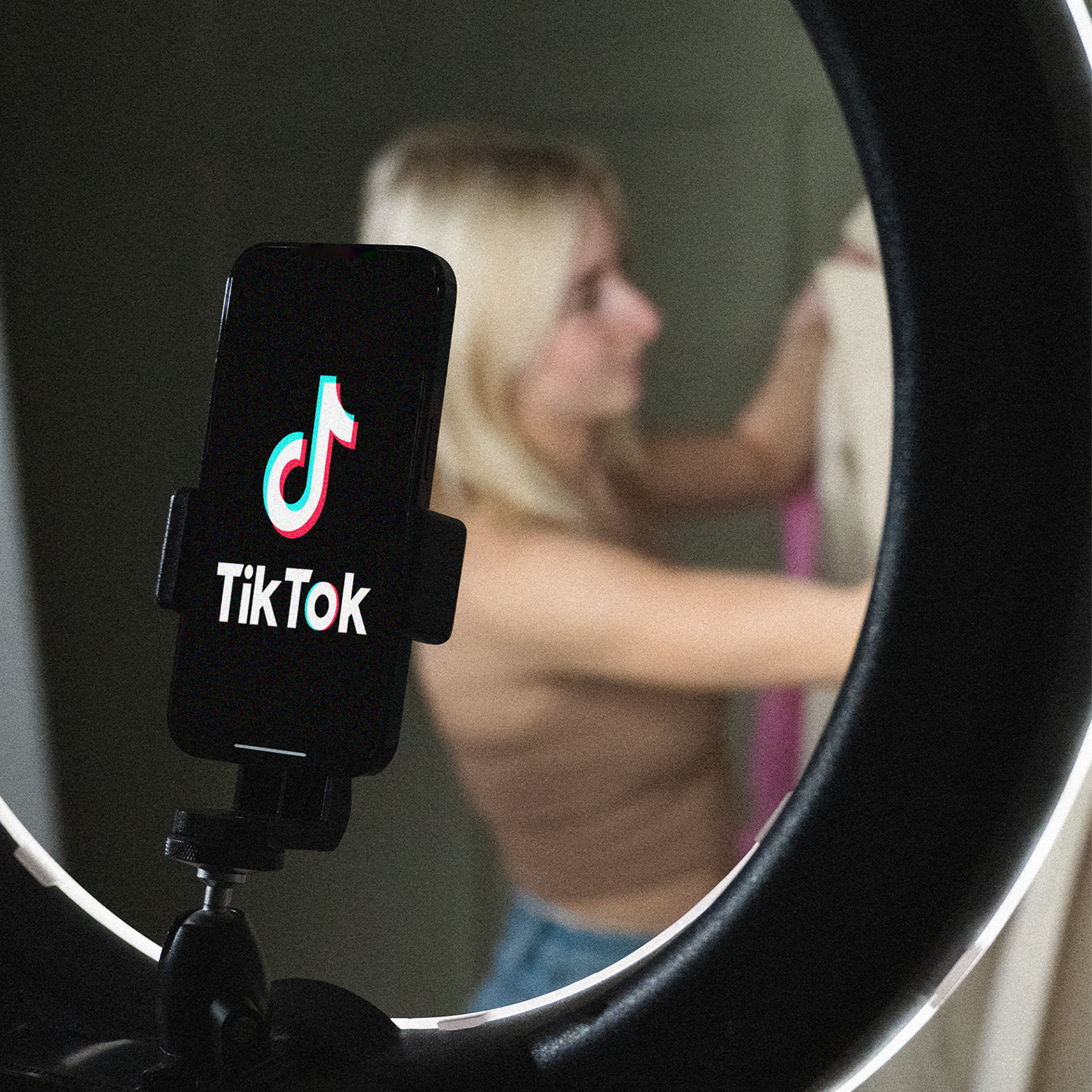Think your job is just to stock great products and market them in a way that they fly off the shelves? In the heady world of multi-retail offerings, your job is much more complex than that. Consumers want to know that there is social value in your products. They need to know that when they buy into your brand, you are responsible enough to play your part in contributing to a greener, fairer more egalitarian world.
The concept of socially valuable products has been around for a while, but as marketing strategies become more personalised, social responsibility is getting pushed to the fore. Think about it. You want to appeal to your customers on a personal level. Therefor it will serve you well to promote the concepts and causes that they care about.
As we become increasingly aware as a society of global issues and crisis around the world, we become more aware of inter-connectivity and the need to lead a charitable and sustainable life. Using retailers and websites that are socially aware in some sort of capacity, is favoured by the modern day consumer. Consumers feel like they are not only enjoying new products, but giving something back. It is guilt-free consumption.
You don’t have to look too far to see how eCommerce and philanthropy has blended together well. Philanthropy has allowed brands to reposition themselves in the market place as socially aware, thus capturing a slightly different audience that craves that meaningful purchase.
TOMS is a company that embodies these ideals. With a One for One philosophy, it pledges to help a person in need for every one of its products that is purchased. What they are essentially offering customers is the opportunity to feel good and satisfy their need or want for new shoes. It has proved incredibly effective with sales of TOMS reaching huge heights over the last few years.
Judging by the success of similar philanthropic companies, there is every reason to believe that this movement could fundamentally change company culture. It is already increasing consumer spending.
Let’s take a look at some other companies killing it on the social responsibility front:
Chipotle
These guys have opted to go down the environmental route and have promoted their long-term partnerships with farmers and pasture-raised animals. This has allowed these guys to create a clever USP and promote themselves as “food with integrity.” Chipotle addresses the concerns of those consumers worried about the impact the food they eat has on local farmers and whether or not they receive a fair wage and if the ingredients are ethically farmed. There are few fast food outlets opting to go down the ethical route in their marketing. Chipotle are reporting healthy growth as a result of their change in strategy.
Patagonia
Far from making it an afterthought in their small print, clothing brand Patagonia has put its charitable efforts at the forefront of all its ad campaigns. In a bid to make consumers aware of the environmental impact of the clothes they buy, their campaigns led with the tag-line “don’t buy our jackets.” The subversive nature of this campaign immediately draws consumers in and causes them to explore in more detail what the brand is actually promoting. If the philanthropic nature of the brand doesn’t draw the consumer in the outrageous tagline will, increasing brand awareness and in this case increasing sales.
Ben and Jerry’s
Not ones to be left out of the latest marketing trends, Ben and Jerry’s have started promoting fair trade and non-GMO. The brand uses its conversational style to talk about sustainability and engage consumers. The focus on social issues doesn’t seem like a change in direction for the brand as the tone of voice has not changed. In the case of Ben and Jerry’s, consumers feel like they are buying into something worthwhile.
So there you have it, with a focus on social issues brands can engage consumers on a personal level and reassure them that they understand their need to give back, as well as purchase great products. Consumers want more than just commodities, they want to know that they are expressing their own personal values, through using your services. If consumers do sense all these things, then you can be sure to see a spike in sales, as a result of increased consumer spending.








